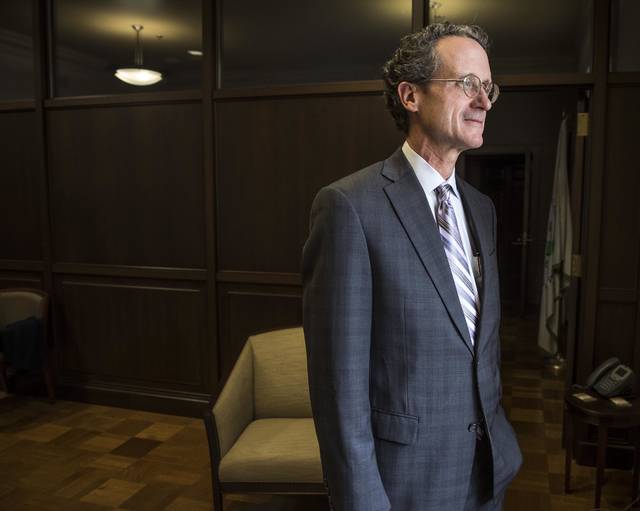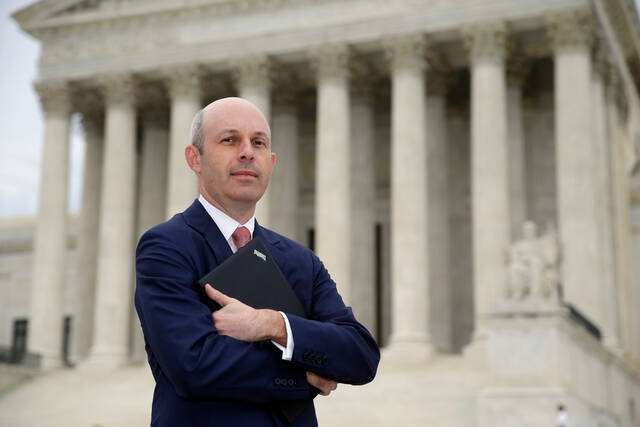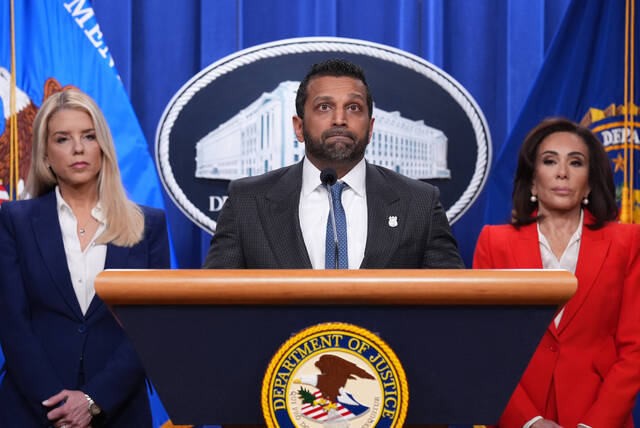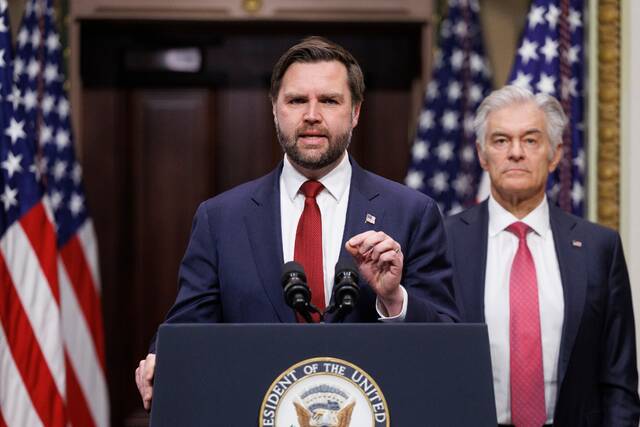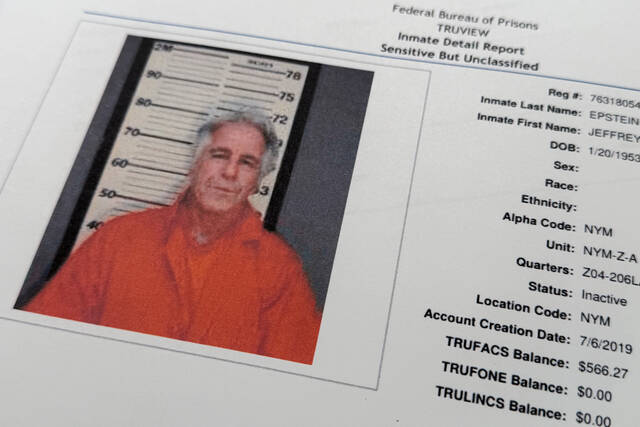Bill Wehrum, a top Environmental Protection Agency official who helped reverse Obama-era rules aimed at cutting emissions of greenhouse gases and other air pollutants, is stepping down amid scrutiny over possible violations of federal ethics rules.
EPA Administrator Andrew Wheeler’s announcement Wednesday did not cite a specific reason for the departure of Wehrum, who as an attorney represented power companies seeking to scale back several air pollution rules before joining the Trump administration.
“While I have known of Bill’s desire to leave at the end of this month for quite sometime, the date has still come too soon,” Wheeler wrote Wednesday, praising Wehrum for “his service, his dedication to his job, the leadership he provided to his staff and the agency, and for his friendship.”
Wehrum, who was confirmed for the post in November 2017, has privately expressed concern about how an ongoing House Energy and Commerce Committee probe was affecting his former law firm, Hunton Andrews Kurth, according to individuals familiar with the matter who spoke on the condition of anonymity to discuss private conversations.
The panel launched the inquiry after The Washington Post reported in February that questions had been raised about Wehrum’s compliance with the Trump ethics pledge, which requires political appointees to recuse themselves from specific matters involving their former employers and clients for two years. If an appointee does meet with a former client, the pledge dictates that the gathering should be open to all interested parties — a requirement that has been interpreted to mean four other participants who were not clients.
Less than one month after joining the EPA, Wehrum met with two former clients at his old firm without consulting in advance with ethics officials, even though they had cautioned him about such interactions. That same month, Wehrum participated in a decision that appeared to benefit a former client, DTE Energy, in which then-EPA Administrator Scott Pruitt issued a memo stating that the agency would not be “second guessing utilities” when they projected whether they would need a few federal permits after expanding their operations.
Wehrum, who heads the air and radiation office at the EPA, acknowledged both incidents in an interview with The Post but said he had determined that he did not violate federal ethics rules.
“I have, from day one, tried to be absolutely strict and assiduous as to what I do about complying with my ethical obligations,” Wehrum said, “because it doesn’t do me any good, and it doesn’t do the agency any good, to be doing things that people see as unethical.”
Still, the fallout from reporting on Wehrum’s ties to his former firm and the utility industry by The Post and other outlets — including Politico, the New York Times and E&E News — has continued to reverberate. The Utility Air Regulatory Group, a group of power companies that paid Hunton Andrews Kurth millions in membership dues, disbanded earlier this year.
Wehrum’s decision to leave is the second high-profile EPA resignation in the past year. Last July, Pruitt stepped down after facing probes by Congress, the EPA Office of Inspector General and the Office of Special Counsel for his management and spending practices.
Still, even Wehrum’s fiercest critics say that he has been able to accomplish some of the industry’s long-sought goals even as he’s come under fire for his close ties to energy firms. In doing so, he has rolled back some of President Barack Obama’s most sweeping air policies. Last week the EPA finalized a rule targeting power plants that cuts carbon emissions by less than half of what experts say is needed to avoid catastrophic global warming. He has advanced other proposals as well, including one that would freeze fuel efficiency standards for cars and light trucks for six years and another that would limit what sort of public health benefits the EPA can count when curbing air pollution from power plants and other sources.
“It is, at the very least, going to take years to undo the damage that has been done,” said John Coequyt, global climate policy director for the advocacy group Sierra Club, in a phone interview.
Coequyt added that as Wehrum returns to the private sector, corporate clients could face blowback from his group and others for enlisting his help. “We believe he’s toxic to their interests, and anyone who hires him will be publicly criticized for doing so.”
Sen. Sheldon Whitehouse, D-R.I., who joined other Democrats in February in asking EPA’s inspector general to investigate Wehrum, predicted that he would end up representing one of the companies that has sought regulatory relief from Trump’s EPA.
“I can’t wait to see where Bill Wehrum lands once he’s out the door,” Whitehouse said in a statement. “What do you bet it’s with one of the fossil fuel interests he has served so well as air chief, delivering one big handout after another?”
A trained chemical engineer who earned his law degree at night while working for a company in Delaware, Wehrum led the EPA’s air and radiation office on an acting basis under President George W. Bush until Democrats blocked his nomination.


